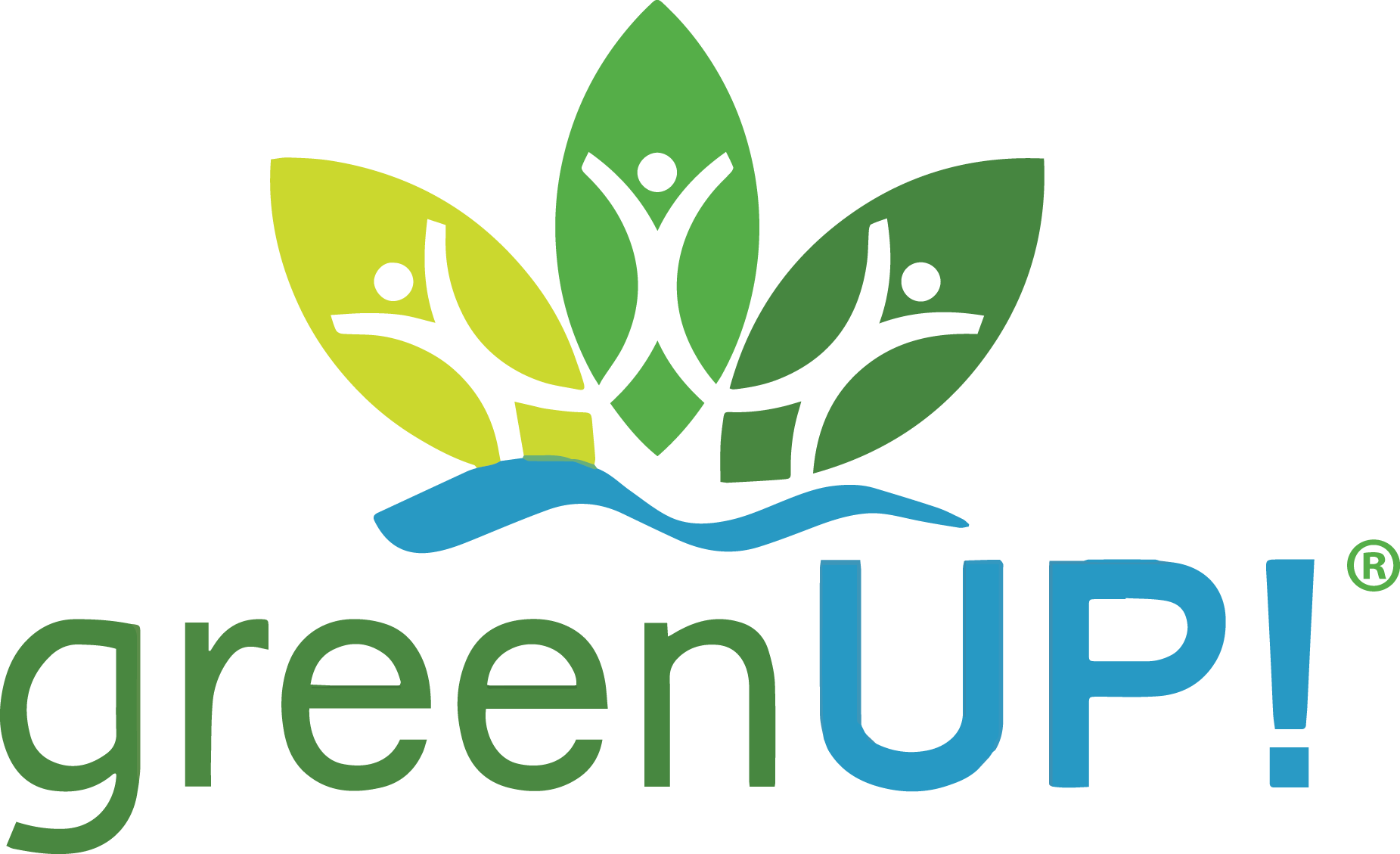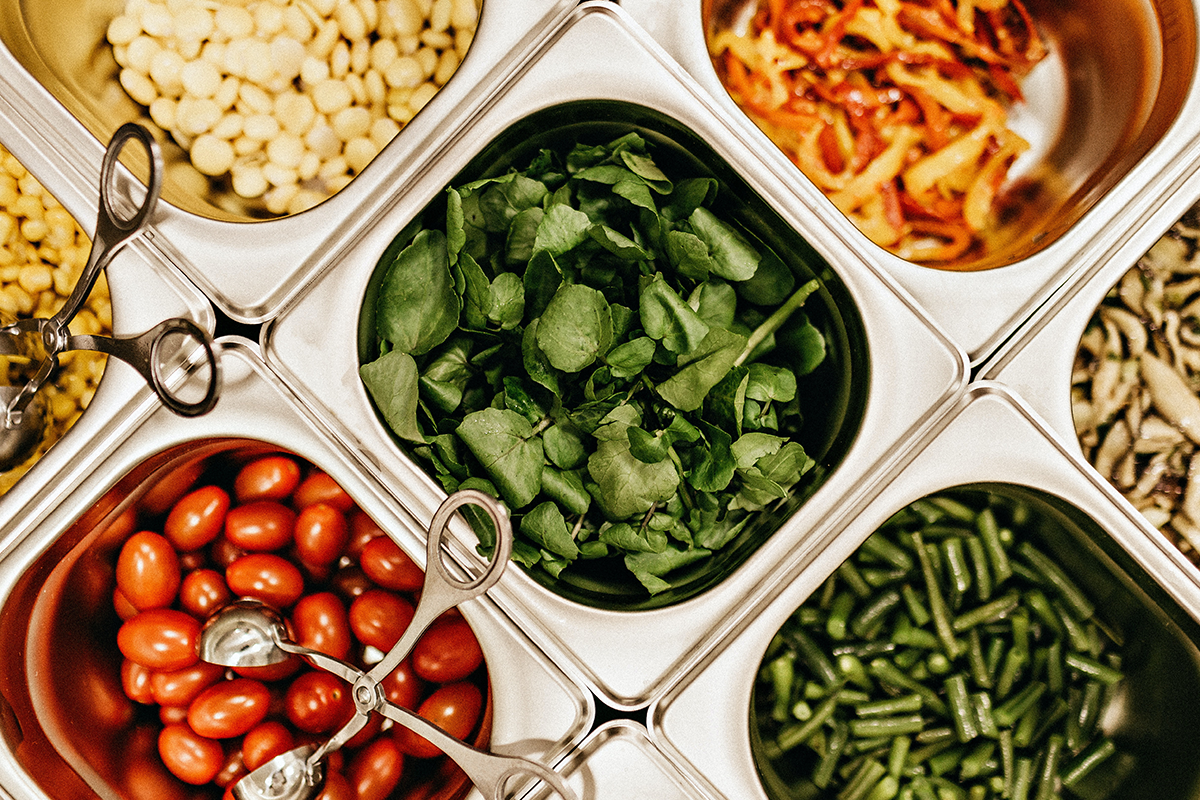greenUP! Is Hiring a Green Dining NV Coordinator for Southern Nevada
GreenUP!’s Green Dining Nevada program is a local collaborative coalition that provides environmental education, technical resources, and recognition to dining establishments that are implementing sustainable practices. Green Dining NV’s mission is to reduce waste and mitigate environmental change at the local level.
The Green Dining Coordinator will work in Las Vegas with restaurants and auto shops to help them improve their environmental best practices. Ideally, the candidate will speak Spanish to work with underserved communities to improve their operations resulting in healthier communities for all.
The Green Dining Coordinator position is a full-time or part-time position with a pay range between $25-$30 an hour. Pay is competitive and commensurate with experience.
To learn more about the position, emailinfo@greenupnv.org. Send a resume and cover letter by February 27, 2026. Please explain in the cover letter how you feel you could contribute to this position.




